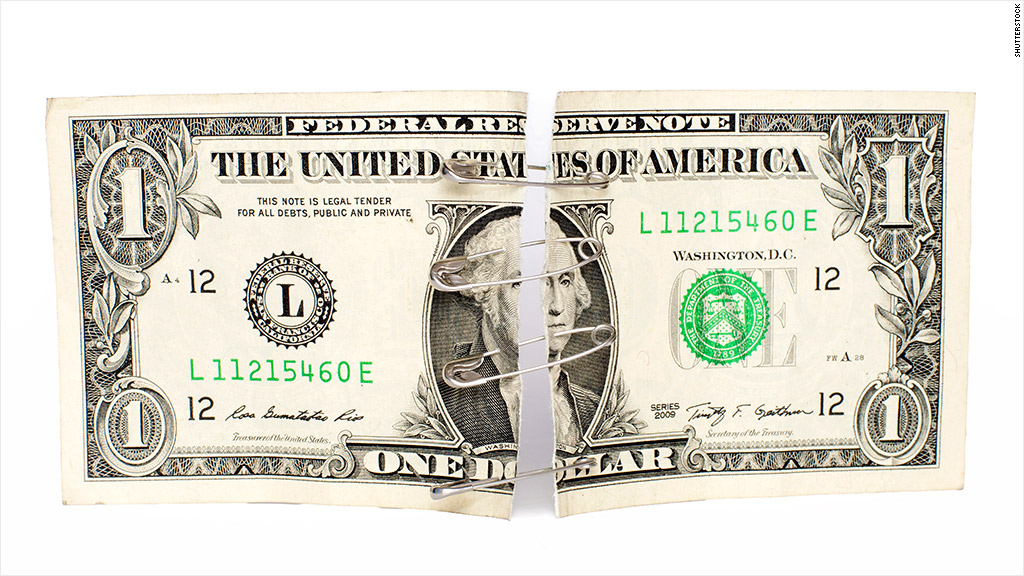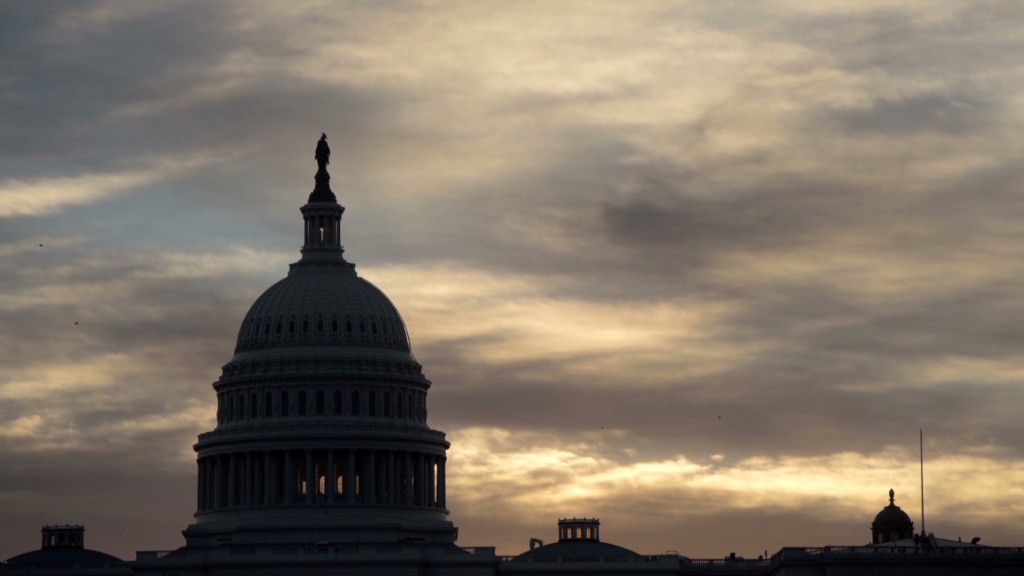
Congress did a good job trying, but even pushing the U.S. government to the brink of default is unlikely to shake the dollar's status as the world's reserve currency. Treasury bonds will also remain the investment of choice for the world's banking system.
Why? The markets simply have no other choice.
"There's no other reserve currency. There's nothing remotely close," said Jason DeSena Trennert, the chief investment strategist at Strategas. "It's not a divine right, but the U.S. is basically winning by default."
The U.S. has clearly frustrated the world with its political games, but investors can't do much about that just yet.
"If this keeps happening, investors will get fed up, but you can't find an alternative overnight," said George Goncalves, head of U.S. rates strategy at Nomura. "It could take 10 to 20 years to create one. A lot of money has to change hands to make that happen."
Related: China not impressed by U.S. debt deal
China is the largest foreign holder of U.S. debt and would like to see alternatives. Last week, China's official news agency Xinhua chastised Congress, saying that the debt ceiling debate is a reason why the world should move to an "de-Americanized world" that is not reliant on the dollar.
But as Goncalves notes, China is not in a position to offer an option to replace the dollar. Its own currency, the yuan, is not ready to supplant the dollar.
"China can talk tough, but they aren't prepared to liberalize their currency," said Goncalves. "That would create risks they can't control because China's financial system is not that developed."

Investors seem to get that. Even as fears grew that a default might actually happen, the market didn't panic. The yields on longer-term Treasuries barely budged, and the stock market even drifted a bit higher.
Rates on certain short-term government bonds spiked, but that showed investors were simply worried about a delay in receiving interest payments for the next month or two. They weren't really questioning the creditworthiness of the U.S.
Aswath Damodaran, a professor of finance at NYU, thinks Congress's latest deliberations over the debt ceiling didn't change anything for the dollar or U.S. bonds.
Related: Washington is slowly killing the dollar
Since the 2008 implosion of Lehman Brothers, the markets have recognized that there's some risk in holding Treasuries. But U.S. bonds still seem safer than the debt of other nations.
"Ten years ago no one questioned Treasuries. They were totally safe," said Damodaran. "Since 2008, there's been a presumption that the U.S. government can default. So what?"
Oddly enough, the demand for Treasuries has actually increased over the past few years, pushing yields down After Congress almost failed to raise the debt ceiling in 2011, ratings agency Standard & Poor's downgraded U.S. debt. What happened next? Treasury yields dipped to their lowest levels ever.
"There's still trust in the U.S. and the U.S. banking system regardless of near-death experiences," said Goncalves.


